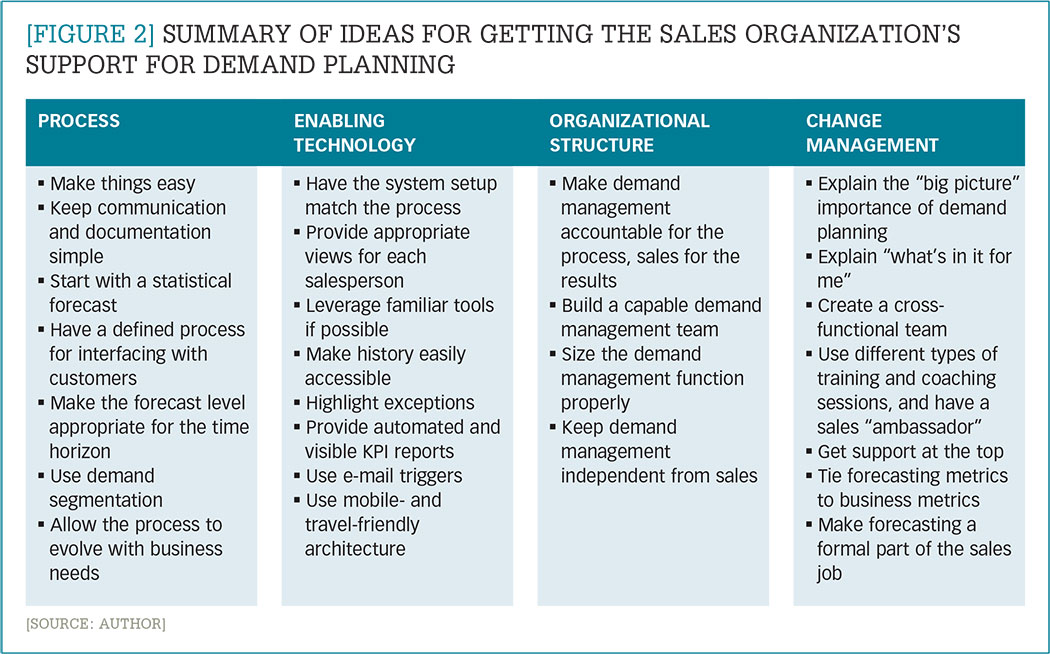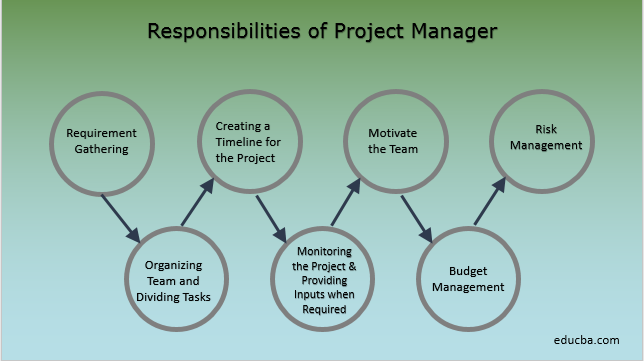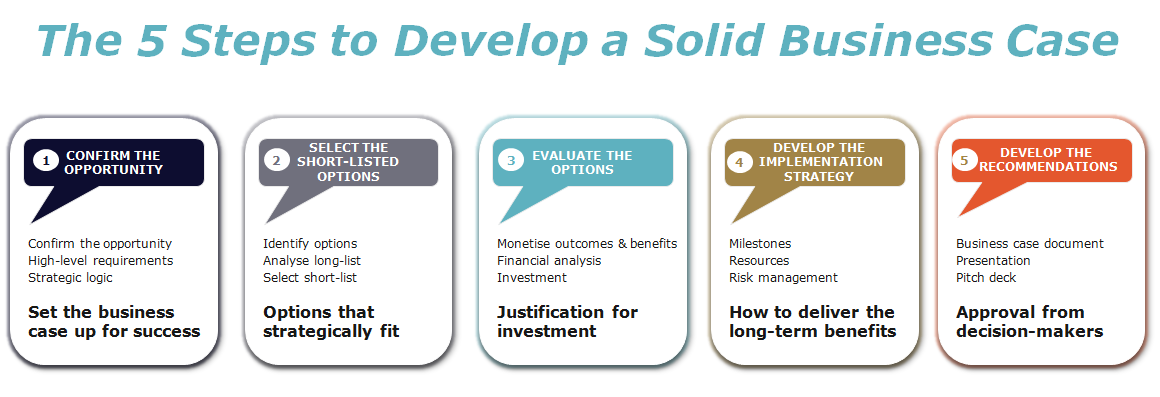
Ad-hoc job definition is a term that describes a temporary job or project. This type of project demands the right people who have the appropriate skills and can dedicate the time. Project managers often consult with other managers to determine how many people are needed to complete the project. They will then need to send requests to those people who are qualified for the project.
Managing ad hoc projects
If you have to deal with a lot of ad-hoc work, it is important that you establish a process for managing them. A project log is a way to keep track of tasks and due dates. This will allow you to recall the tasks and keep track of other people's progress, which will improve communication and management. It is also important to update the log whenever tasks change or new ones arise.
You need to ensure everyone understands what you expect of them when working on ad-hoc projects. This is particularly important when the project involves collaboration between different stakeholders. You can't wait to see information trickle down through bureaucracy. The scope of the project and its goals must be communicated to the entire team. If any member of your team isn't certain what the project's objectives are, they should seek the guidance of another person who does.

Ad-hoc projects are usually temporary and do not require long-term commitments. These projects often have a short deadline and require multiple items. They also depend on multiple teams. The project manager will need to coordinate a team and allocate resources accordingly.
Ad-hoc employee management
As an ad hoc worker, you might need to manage many people who are not on your payroll often. You will need to ensure that your employees have the right skills and the time necessary to complete the project. You may need to ask other managers from your department for assistance in such cases. You will need to determine how many people you require and then make requests for the resources.
Managing ad hoc projects can be easier if you have a good system in place. This will allow you to see the resources available and how they are being used. This will allow for better decision making regarding the project's management. If you're working with an ad hoc team, it's important to keep track of all projects, not just the one you're working on.
You can choose to have ad-hoc work done by employees or contractors. These projects can be part-time or full-time and are great for projects that don’t interrupt ongoing initiatives. But, being unprepared for the unexpected can lead to inefficiencies, waste of resources, and even miss your project goals.

Although ad-hoc requests are often convenient, they can become a burden on your entire team. It is crucial that you prioritize requests from your marketing department and decide which are the most important. Ad hoc requests are a necessary evil for maintaining customer satisfaction, but you need to know how to handle them before they ruin your team's productivity.
FAQ
How can we make our company culture successful?
A culture of respect and value within a company is key to a productive culture.
It is founded on three basic principles:
-
Everybody has something to offer.
-
Fair treatment of people is the goal
-
Individuals and groups can have mutual respect
These values can be seen in the behavior of people. They will treat others with consideration and courtesy.
They will listen respectfully to the opinions of others.
They will also encourage others to share their ideas and feelings.
Company culture also encourages open communication, collaboration, and cooperation.
People can freely express their opinions without fear or reprisal.
They understand that errors will be tolerated as long they are corrected honestly.
Finally, the company culture encourages honesty as well as integrity.
Everyone is aware that truth must be told.
Everyone is aware that rules and regulations apply to them.
Everyone does not expect to receive special treatment.
What is the role of a manager in a company?
Managers' roles vary from industry to industry.
A manager generally manages the day to-day operations in a company.
He/she will ensure that the company fulfills its financial obligations.
He/she is responsible for ensuring that employees comply with all regulations and follow quality standards.
He/she plans and oversees marketing campaigns.
Why is it so important for companies that they use project management techniques
To ensure projects run smoothly and meet deadlines, project management techniques are employed.
This is because most businesses rely on project work for their products and services.
Companies need to manage these projects efficiently and effectively.
Without effective project management, companies may lose money, time, and reputation.
Statistics
- UpCounsel accepts only the top 5 percent of lawyers on its site. (upcounsel.com)
- The profession is expected to grow 7% by 2028, a bit faster than the national average. (wgu.edu)
- The BLS says that financial services jobs like banking are expected to grow 4% by 2030, about as fast as the national average. (wgu.edu)
- Your choice in Step 5 may very likely be the same or similar to the alternative you placed at the top of your list at the end of Step 4. (umassd.edu)
- The average salary for financial advisors in 2021 is around $60,000 per year, with the top 10% of the profession making more than $111,000 per year. (wgu.edu)
External Links
How To
How can you implement a Quality Management Plan?
QMP (Quality Management Plan), introduced in ISO 9001,2008, provides a systematic method for improving processes, products, or services through continuous improvement. It helps to improve customer satisfaction and product/service quality by continuously measuring, analyzing, controlling and improving.
QMP is a method that ensures good business performance. QMP's goal is to improve service delivery and production. QMPs should address all three dimensions: Products, Services, and processes. When the QMP includes only one aspect, it is called a "Process" QMP. When the QMP focuses on a Product/Service, it is known as a "Product" QMP. QMP stands for Customer Relationships.
There are two key elements to implementing a QMP: Strategy and Scope. These are the following:
Scope: This defines what the QMP will cover and its duration. This scope can be used to determine activities for the first six-months of implementation of a QMP in your company.
Strategy: This describes the steps taken to achieve the goals set out in the scope.
A typical QMP consists of 5 phases: Planning, Design, Development, Implementation, and Maintenance. Below is a description of each phase:
Planning: This stage determines the QMP goals and prioritizes them. All stakeholders involved in the project are consulted to understand their requirements and expectations. The next step is to create the strategy for achieving those objectives.
Design: During this stage, the design team develops the vision, mission, strategies, and tactics required for the successful implementation of the QMP. These strategies can be implemented through the creation of detailed plans.
Development: The development team is responsible for building the resources and capabilities necessary to implement the QMP effectively.
Implementation: This involves the actual implementation of the QMP using the planned strategies.
Maintenance: Maintaining the QMP over time is an ongoing effort.
The QMP must also include several other items:
Participation of Stakeholders: The QMP's success depends on the participation of stakeholders. They are required to actively participate in the planning, design and development of the QMP, as well as the implementation and maintenance phases.
Initiation of a Project: A clear understanding and application of the problem statement is crucial for initiating a project. In other words, the initiator needs to know why they want to do something and what they expect from the outcome.
Time Frame: It is important to consider the QMP's time frame. A simple version is fine if you only plan to use the QMP for a brief period. If you're looking to implement the QMP over a longer period of time, you may need more detailed versions.
Cost Estimation - Cost estimation is an important part of the QMP. Planning is not possible without knowing the amount of money you will spend. Therefore, cost estimation is essential before starting the QMP.
QMPs are not just a written document. They should be a living document. It changes as the company grows. It should therefore be reviewed frequently to ensure that the organization's needs are met.